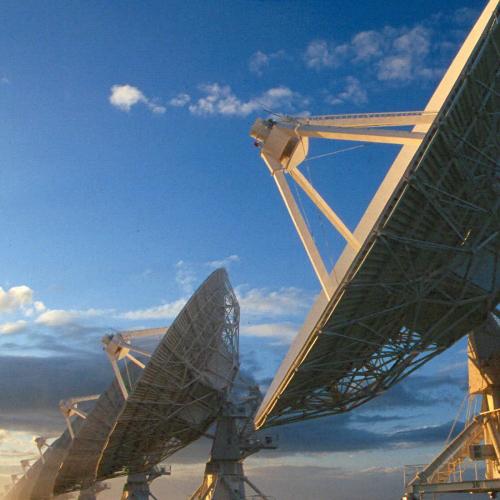Openings at THZ
PhD position in Radar Classification and Artificial Intelligence
Opening for: PhD studentStatus details
| Status: | Closed |
|---|---|
| Announced: | 01 Nov 2020 |
| Closing date: | 31 Dec 2020 |
| Duration: | 4 years |
We have the ambition to design and validate innovative artificial intelligence methods to characterize human kinematic and locomotion using radar data, essentially the activities, movements, and gestures performed by people in indoor settings.
Information on what activities a person is doing, where, and when, can help understand his/her physical and cognitive status and identify anomalies possibly related to worsening health. Why radar sensing? Because it is contactless, the person does not need to wear or carry any sensor, and there is no camera taking plain videos/pictures of people and private environments.
Radar data are intrinsically different from optical videos, pictures, language, or audio, for which artificial intelligence-based methods for classification are relatively well established. Rather than simply adapting networks designed for those kinds of data, new research is needed to understand, model, and capture the intrinsic kinematic information encoded in the sequence of radar data, which is strongly related to the movements of people observed.
You will work in the NWO funded project RAD-ART (RADar-aware Activity Recognition with innovative Temporal networks). Specifically, you will tackle the challenge of accounting for the continuous and correlated nature of the radar data, as well as the relevance of contextual information. You will investigate innovative networks, for example, recurrent and temporal-convolutional networks, currently underexplored in the literature regarding radar data classification. You will be also responsible for
- Experimentally verifying methods with short-range radars.
- Performing research according to the project plan.
- Preparing and writing all project deliverables within the project.
You will work in the Microwave Sensing Signals and Systems (MS3) research group at the Department of Microelectronics (see radar.tudelft.nl). The group has extensive research facilities and track record on the full pipeline of microwave and radar sensing, from hardware development to radar signal processing and methods for automatic object classification.
Requirements
To be considered for the position you will have:
- A Master's degree in a relevant field, i.e. electrical/electronic engineering, computer science, physics, mathematics.
- Demonstrable knowledge and interest in radar signal processing including classification methods.
- Demonstrable knowledge and interest in AI methods, preferably deep learning techniques dealing with temporal data (e.g. audio, speech).
- Programming experience in MATLAB/Python or C/C++, preferably combined with experience in working with actual radar systems and data.
- A curiosity-driven mindset and a passion for (doing) research
- An open personality for cooperation with colleagues and co-supervision of students
- Good English language and communication skills (written and oral) in order to closely cooperate with colleagues and students as well as write project documents.
European (EU) nationality is an advantage.
Contact
dr. Francesco Fioranelli
Associate Professor
Microwave Sensing, Signals and Systems Group
Department of Microelectronics
More information
Additional information
In The Netherlands, almost all PhD positions are linked to funded research projects. This has several implications:- PhD students are employed: they receive a salary rather than a grant. Most projects have a duration of 4 years.
- Positions become available once a project is funded. This can happen at any time during the year.
- It typically takes 6 to 9 months for a project proposal to receive funding. In this period, a position may be anticipated but the outcome remains insecure. Once a project is funded, the open position needs to be filled as soon as possible.
If you are interested in our research, it merits to inquire whether openings will be available. We collect resumes of prospective PhD students throughout the year, for each of our research tracks.
General requirements
We make our selection based on the following general requirements:- Formal requirements regarding prior education: you should have earned an MSc degree at a recognized institute for higher education.
- Background: this depends on the specific project.
- Excellence: your Grade-Point-Average should be above 8 (10). Also your MSc thesis should have received a grade above 8 (10).
- English: you should be able to communicate well in english (written and oral). Provide TOEFL/IELTS scores if available.
- Originality: your MSc thesis or later work (publications) should reflect some original ideas. Critical and independent thinking is very important.
- Team player: you should be able to work well in a team of other project members.
